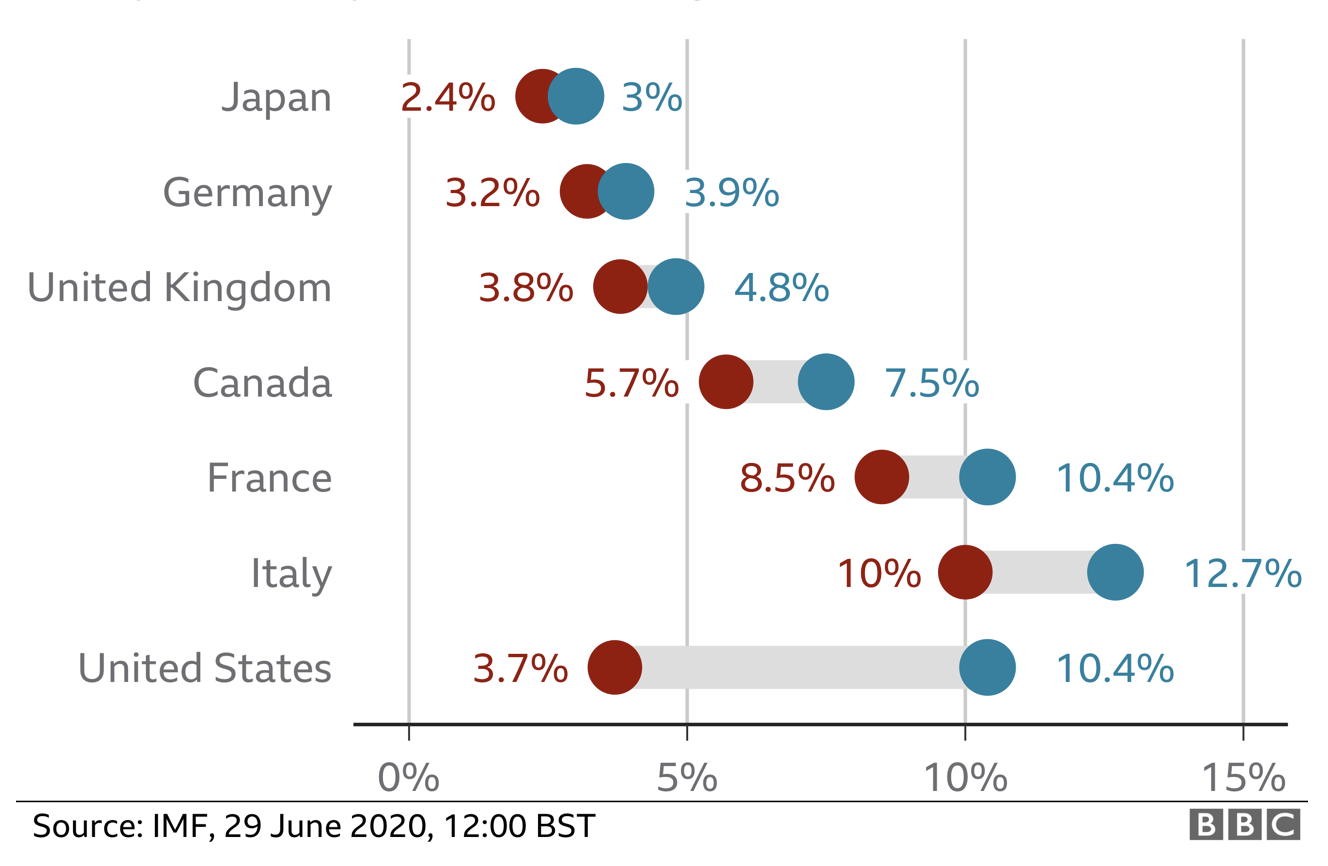Covid-19 is forcing Digital Transformation

It’s almost a year since Gecko Dynamics has been recognized as the Best Software Development Partner at Central European Startup Awards in 2019. That was a big success but also the start of a journey that we are still on. The more things we learn and must deal with, the more it makes us feel passionate about our work and to be honest, it makes us even more eager about the work that comes ahead. We’ve never thought that through the time the world would change so much and that 2020 would be the year of forced digital transformation.
The world has changed
As we all know the world has changed because of the Coronavirus Outbreak. Remote work, closed borders, no business travel - it changed the whole business perspective a lot. This is where questions started to appear:
What will happen next?
How will the world change after the pandemic ends?
What will be the greatest problem of the new era?
How will it affect clients’ expectations?
We don’t have all the answers and no one has, so the biggest challenge is to adapt and continue to offer the best experience for our clients.
Information, scenarios, and forecasts concerning the economic crisis that awaits us as a result of the Covid-19 epidemic are coming to light. The current forecast indicates that the global IT industry fell 5.1 percent in 2020 compared to the previous year. The pandemic is accelerating the redefinition of business values, as the number of remote employees constantly connected increases, the risk of service interruptions increases, and thus network investment increases. It is more than certain that artificial intelligence and other information technologies will play a transformative role in scaling the business. This new reality is made of complexity, uncertainty, and opportunities. At this point in time, it is too early to present a clear assessment of the impact of COVID-19 on business in the medium and long term.
Labour Market

One of the biggest visible impacts is related to the labour market. In the US, for example, unemployment has increased more than 3 times since the start of the pandemic. The current consensus in the case of polish labour market assumes that as much as 2 million people may lose their jobs, however, the situation in the IT industry looks a little bit different. No Fluff Jobs’ analysis of the Polish labour market shows that currently most jobs are offered by professionals involved in the production and maintenance of online services and tools (32%) and software development (23%). The number of job offers related to remote work has also increased. Compared to January 2020, there are approximately 30% more job offers.
Easy-to-digitalise’ jobs could be moved to home offices but only if accompanied by the necessary digital expenditures. Moreover, some jobs are easier to perform remotely, provided that sufficient digital capacities are in place, reducing unemployment risks. Workers, firms, and countries with better teleworking readiness are better equipped to deal with the negative repercussions of the crisis, and manage future risks and that flexibility might be a key to success.
Forced Digital Transformation
The main advantage of the pandemic is undoubtedly, the forced digital transformation of enterprises, the growing importance of the online channels, e-commerce and remote work, which pushed companies to invest more. This is an opportunity for software development companies. At the same time most important is to help customers understand financial and business outcomes that an ongoing or a new project may deliver. In these uncertain times, it’s more important than ever to understand clients’ needs and provide them with the best possible solution. Most European organizations expect a revenue decline in 2020, which means a focus on ROI from digital investments. Digital transformation impacts the entire organization, not just one department. An average of 15 people are involved in most technology purchase decisions, that makes the process even more difficult.
From an operational standpoint, what used to be a nice to have is now a must-have. Companies should consider the entire process by which information is shared across their organization. Automation may be one of the key aspects of the post-COVID-19 world. The development of automation is nothing new, in many manufacturing centers, industrial robots now account for almost 1 percent of the factory’s “workforce”. But Automation has many faces, it can be implemented in various areas where there exist pressures on both - the cost of human workers and the need for fewer humans in many workspaces. Airlines implement solutions integrated with ML algorithms that can optimize operations, reducing costs and emissions, right through to logistics. In the aviation industry, reducing the number of people in the process means cutting costs.
Challenges that lie ahead
The digital transformation should be seen as an entry-level journey through the organization that has resulted in better ways of working. Find the low hanging fruits that can bring the biggest ROI, look for aspects that can be easily improved with digitization, and implement technology in every area that require flexibility in the process and reduction of cost or resources. It’s not just about purchasing digital transformation services, but changing company’s culture and training employees to internally onboard and adopt this new technology.
If you thinking about starting your digital journey just contact us.

